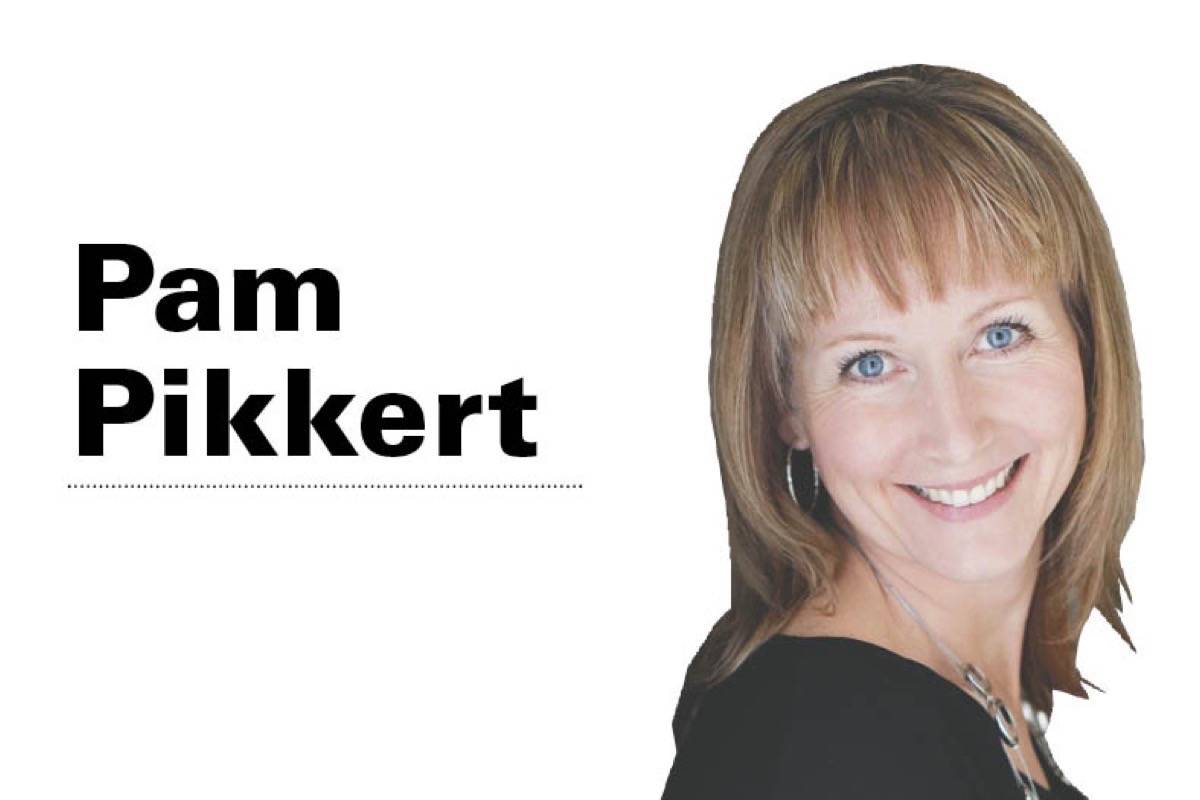Applying for a mortgage can be very stressful to say the least. It seems as though your hopes and dreams are held hostage to rules set by people you don’t know and your paperwork adjudicated by seemingly unreasonable nameless faces. To make matters worse you are hit with a whole bunch of new words which hold all kinds of significance. So let’s get rid of that piece of worry and look at the common words and phrases you will be hit with.
Mortgage qualifying rate – Last year a change was made to how mortgages are qualified. The bank have to use a rate of 4.84% for qualification purposes. Interest rates are very low and we know they will climb. The intent is to ensure Canadians are able to handle that increase.
High ratio – Mortgages which are loaned at higher that 80% of the property’s value.
Conventional – Mortgages at less than 80% of the property’s value.
Affordability ratios – When all your existing debts, the proposed mortgage, property taxes and heating costs are calculated against your income, percentages are generated. They cannot be above certain levels.
Mortgage default insurance – If you are purchasing as home with less than 20% down you will have to pay this to CMHC, Genworth or CG. It is a guarantee to the mortgage lender that if you default that these companies will make the mortgage lender whole by paying out the costs not covered through the sale of the home.
Term – You can choose anything from a six month to a 10 year mortgage. Rates will differ greatly. At the end of said term you will renegotiate with your current lender or move to a new bank.
Amortization – This is the term used for how long you take the mortgage all together. In most cases the maximum is 25 years but some conventional mortgages can go up to 30.
Title insurance – Another type of insurance required by most banks. If there is a defect such as a garage being situated incorrectly, the title insurance company will attempt to get the city to allow it or in the worst case, cover the costs associated to make the necessary changes.
Fixed rate – A mortgage rate which is set for the entire term of the mortgage.
Variable rate – This rate is set as prime plus/minus for the term of the mortgage. It can fluctuate as the Bank of Canada makes changes to the prime lending rate.
Closed – Most mortgages are closed which means if you break the contract you will pay a penalty. This applies to fixed and variable
Open – This mortgage is completely open for prepayment without penalty.
Property tax adjustment – If the person you are buying from has prepaid the property taxes you will be required to pay them back for this amount. This is collected from you at the lawyer’s office.
Interest adjustment date – If you are taking possession of your home any day other than the first of the month you will have to pay the interest portion to the lender which is calculated per day starting on the day of possession through to your first payment. This can be an extra payment taken from your account or collected at the lawyer’s office
Condition of financing date – The day you have to provide the all clear to the seller. This should never be done before you have assurance from the bank that they are satisfied. It is imperative that you make no material changes to your financial picture from this date through funding. You approval can be cancelled if you do leaving you in breach of contract.
Closing date – The date the mortgage is set to fund.
Prepayment penalty – If you break a closed mortgage there will be a penalty. Contact your mortgage provider to get the exact amount.
Prepayment privilege – You can prepay your mortgage, usually up 10-20% of the principle amount each year.
Porting – You can take your mortgage with you to a new property to avoid penalties and preserve your rate. You will have to fully qualify again.
So there you have it, a plethora of mortgage terms so that you can decipher the strange new world you will find yourself in during the process. Until next time!
Pam Pikkert is a mortgage broker with Dominion Lending Centres – Regional Mortgage Group in Red Deer.



